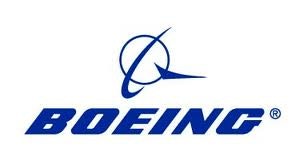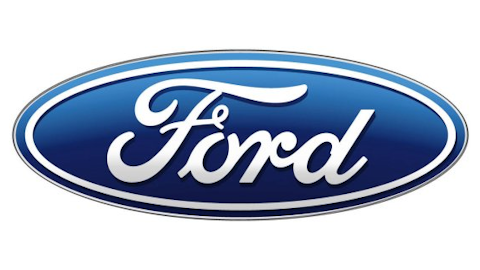The Boeing Company (NYSE:BA) has been battling with its 23,000-member technical union, the Society of Professional Engineering Employees in Aerospace, for months over the terms of a new four-year contract. A vote last week authorized a strike, which would cripple the jet maker’s ability to increase plane production or solve problems with its troubled 787 Dreamliner flagship jet. However, union members split on a key provision, strengthening Boeing’s negotiating position.

Technical workers, however,could still strike, which would still be very damaging to Boeing at a sensitive time: Boeing has just proposed a plan to get its grounded 787 Dreamliners back in the air, and the company is still seeking to ramp up production of its planes to meet an eye-popping $390 billion backlog. Talks between the two will continue on Wednesday, and a strike-free resolution looks more likely now. Boeing has already heeded calls to simply continue the wages and benefits under the previous contract, rather than curb raises for its workers as it originally desired, and the engineers have now accepted a four-year contract that grants Boeing its most important demand.
The heart of the problem
Boeing would like to change the way pension plans are funded for new workers. Like other iconic, pedigreed American manufacturers, including Ford Motor Company (NYSE:F) and General Motors Company (NYSE:GM), many of Boeing’s workers enjoy defined benefit plans. Unlike defined contribution plans, under which an employer promises to pay a certain amount into an employee’s retirement account, a defined benefit plan requires the employer to pay out a certain amount in retirement. The difference shifts 100% of the investment risk away from the employee and to the employer.
Employees obviously prefer these plans, precisely because they don’t bear investment risk. However, in the past — most spectacularly during the Great Recession — unrealistically high expectations for pension fund growth have come together with sudden dramatic drops in stocks, bonds, and asset prices to produce huge pension shortfalls. This sort of thing can bring a company to its knees; General Motors had to go through bankruptcy, seek a taxpayer bailout, and break its old pension contracts with union employees.
A company like Boeing, which depends on the knowledge and hard work of its engineering and technical talent, must always put a premium on keeping the talent happy. However, in my view, it’s not realistic to expect a company to make guarantees about the future that it may not be able to keep. If events outside Boeing’s control — like a global recession — prevent the company from paying out pensions, the only choice could be bankruptcy. Then, former employees would find themselves without retirement benefits and current employees would find themselves without a job. Since nobody can predict the future, I don’t think it’s responsible in the long term to make absolute guarantees, so I agree with Boeing’s desire to transition new hires into a defined contribution plan.




